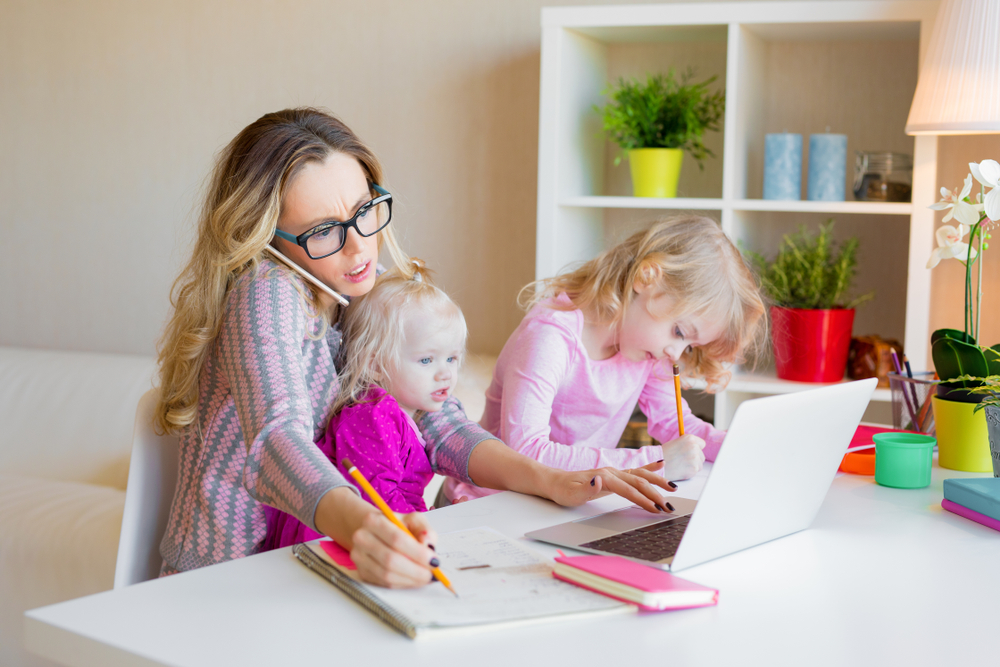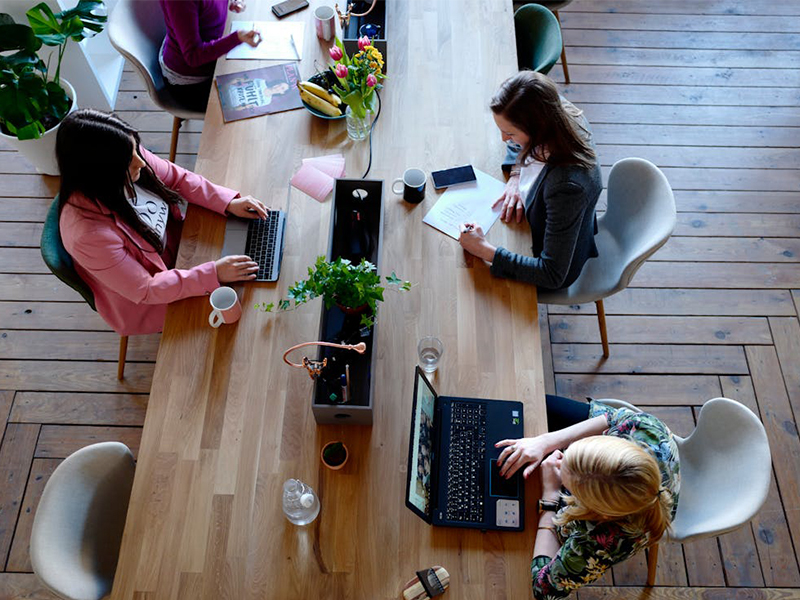Article by Jane Muston, Mental Health Clinician & Clinical Director at Vita Health Group.
 Make no mistake, the mental and physical benefits of children being back at school cannot be understated.
Make no mistake, the mental and physical benefits of children being back at school cannot be understated.
However, this year navigating a new Covid-dictated school routine has added another layer of anxiety to an already uncertain and somewhat fragile time. Our research has revealed that British parents are needing to commit substantially more hours into the school routine because of the additional childcare management needed due to the pandemic. On average, mums and dads are having to spend the equivalent of more than two working days extra a month to handle new demands.
Staggering pick-up and drop-off times, washing school uniform daily and standing in for the lack of wrap-around-care (to name just a few of the additional tasks) will take nearly two-thirds (61%) of parents up to an hour more per day, with a number of those surveyed saying they would need to find over two-hours more, every day, to meet new childcare demands. It would be no exaggeration to say that the back-to-school admin is consuming important time in parents’ already packed work-life schedules and finding these extra hours will feel like a near-impossible task for some.
It is no wonder then that half of parents admit they feel overwhelmed by the demands of the new bacbk-to-class routine, which comes as many parents have already experienced an unprecedented 24-weeks juggling childcare, home-schooling, summer holidays and work. And despite the additional pressure clearly causing a stark increase in feelings of overwhelm, a quarter (25%) of parents say they have no coping strategies in place to manage their own mental health. This is very worrying.
If we look closer at the study, we can also see differences between how men and women are managing their own mental health too. Although men are committing substantially more hours to back-to-school management, they also appear to be more devoted to looking after their own mental health than women. Nearly a quarter of men (24%) say they meditate or practice yoga (compared to 16% of women), 28% say they block out time for themselves (compared to 19% of women) and 20% of men say they seek therapy or speak to someone outside of the family (compared to 10% of women who claim the same).
It is vital that parents take time to look after their own mental health and taking even small steps to try and reduce stress levels is a highly important part of one’s journey to positive mental health. Anxiety and feelings of overwhelm are completely normal, particularly during times of extreme uncertainty. I encourage parents to try to be pragmatic about what they can and can’t control and learn to accept they can only do their best with the information that’s provided to them.
The pandemic has driven a substantial change in the way many people live and work and our routines, in whichever way we each define them, have been markedly unsettled. We have needed to adapt almost instantaneously to using our homes as a space for almost everything – work, school, play and social. With no clear distinction between these facets of life, it would be fair to say work-life balance is a thing of the past.
The key now is for parents to create a work-home synergy that suits their own individual needs and then, most importantly, communicate and negotiate this with their employers. The emphasis must be on both parties here to make this ‘new normal’ work. For parents, taking the initiative to open an honest and transparent dialogue with their employer, one where they share their true reality, could help create a flexible working package for them that reduces daily stress and anxiety. Everyone has individual needs and circumstances and building a work-home synergy cannot be accomplished by applying a one-size-fits-all approach.
Synergising work and home will help parents to give their undivided attention to each activity. Being mentally and physically present will lessen the issue of presenteeism, protect mental health and lower the risk of burnout. As we turn the corner into winter, there remains a substantial weight of uncertainty and the mental wellbeing of working parents must be a priority for UK firms as we move through the next stages of the pandemic.
For those who feel that they need that extra layer of support, I encourage them to reach out to their family, friends, GP, or other available support quickly. This is a positive step to managing mental health.
Take a look at the NHS’s One You for advice on how to make small changes that fit your life, so you feel better and healthier every day. You can get your own mind plan by answering five simple questions in an interactive quiz.
WeAreTheCity covers the latest female centric news stories from around the world, focusing on women in business, careers and current affairs. You can find all the latest gender news here.
Don’t forget, you can also follow us via our social media channels for the latest up-to-date gender news. Click to follow us on Twitter, Facebook, Instagram, and YouTube.








